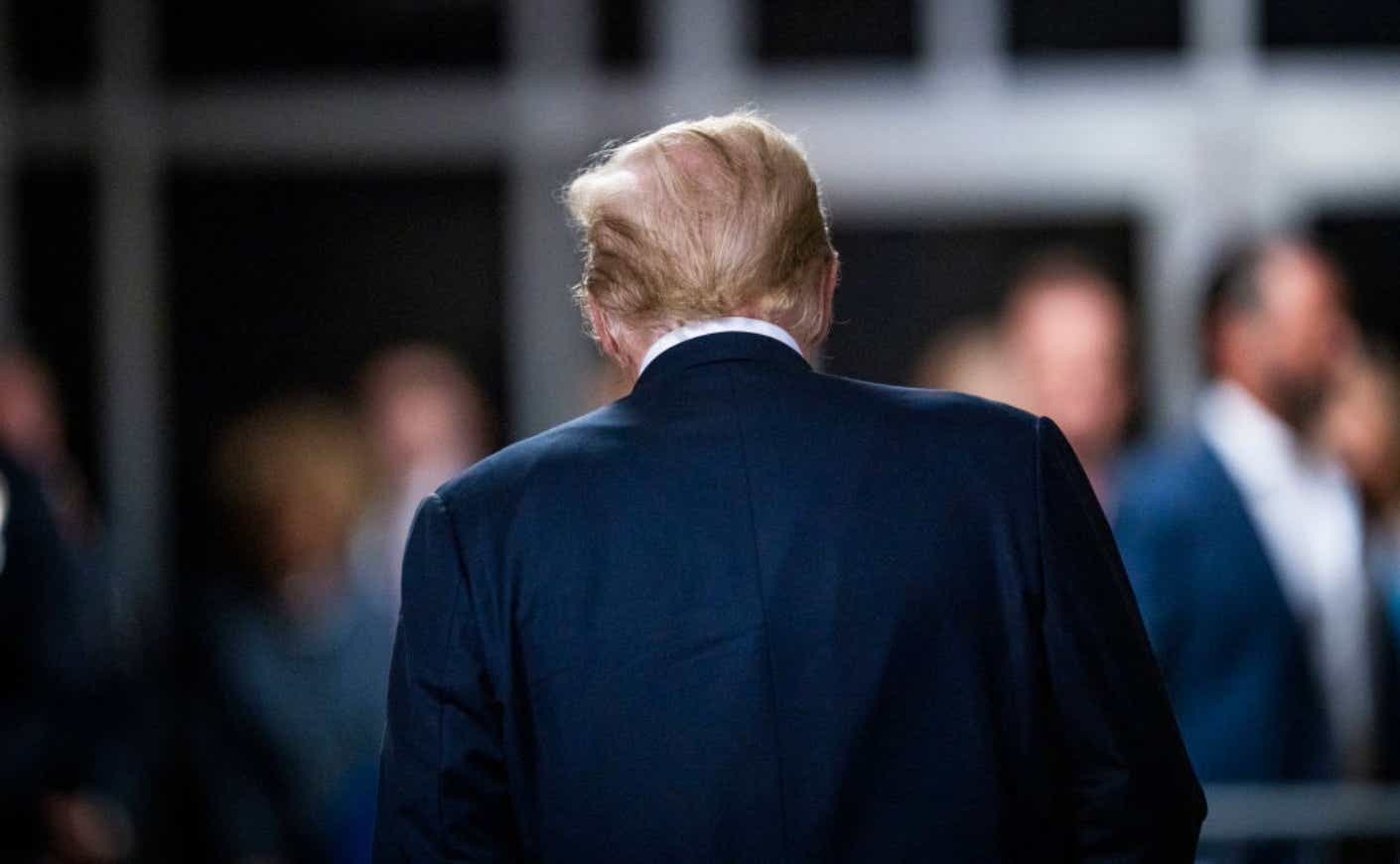At long last, Donald Trump’s hush money trial is winding down as the jury begins deliberations. On Wednesday, 12 jurors were sent to a private room to determine whether Trump will become the first former president to be convicted of a crime.
“It is not my responsibility to judge the evidence here. It is yours,” New York Supreme Court Justice Juan Merchan told the jurors.
Trump faces 34 felony counts of falsifying business records at his company to pay adult film star Stormy Daniels to cover up their alleged affair in the lead-up to the 2016 election. (The former president has pleaded not guilty and denied the encounter.)
Here is a quick rundown on how jury deliberations work — and what to watch for next.
When will the jury reach a verdict?
That is the big question. It could take anywhere from several hours or days to more than a week, and there is no set timeframe for jury deliberations. As of Wednesday afternoon, the jury had been dismissed for the day, with their debate scheduled to continue.
But some factors could prolong a verdict — for instance, jurors asked to go over specific evidence and testimony again. They sent a note to Merchan, prompting him to reopen the courtroom and address them. Most of their lingering queries had to do with testimony from former National Enquirer publisher David Pecker, who prosecutors say was part of a conspiracy to squash negative stories that could hurt Trump's first presidential bid in 2016.
What if the jury can’t agree?
Jurors have a very challenging task on their hands. They must unanimously reach a guilty or not guilty verdict on each of Trump’s 34 counts.
If they can’t agree one way or the other, the judge would have to offer what’s known as a dynamite charge, prompting them to reexamine their views and potentially change their stance. But jurors don’t necessarily have to reach the same verdict on every single one of the counts — they could find Trump guilty on some charges and innocent on others. They could also reach a verdict on one count but remain in a deadlock on another one.
But if they can’t reach a verdict after extended deliberations, that’d be a hung jury. This would lead the judge to declare a mistrial. Trump would be neither convicted nor acquitted, and prosecutors would have the option of retrying the case.
Who decides the sentence if Trump’s found guilty?
If Trump is found not guilty and acquitted, that's the end of the trial — and the verdict can't be appealed. But if jurors hand down a guilty verdict, it’s up to Merchan to decide Trump’s sentence. And it looks like he has a few different options: He could say that the trial itself was punishment enough and not issue any further penalties, or he could force the former president to do community service. The judge could even put him on probation or put him behind bars, though the latter seems unlikely.
In the past, Merchan has been reluctant to the idea of sending a former president and leading presidential contender to prison. Under New York law, a nonviolent Class E felony carries 1 1/3 to 4 years in state prison, but the legal community is divided over whether Trump would actually do the time. Some believe that his age and lack of prior criminal conviction would make that an improbable scenario.
Whatever the judge decides, it won’t be immediate. He’ll likely schedule a sentencing hearing in the coming weeks or months, which could be politically fraught timing. Trump’s set to accept his party’s nomination for president at the Republican National Convention that’ll be held from July 15 to July 18, and only a few months later, he'll face off against Joe Biden in the general election on Nov. 5.
If Trump is convicted, he’s expected to appeal, which would spark yet another lengthy legal process, so this case could be far from over.









